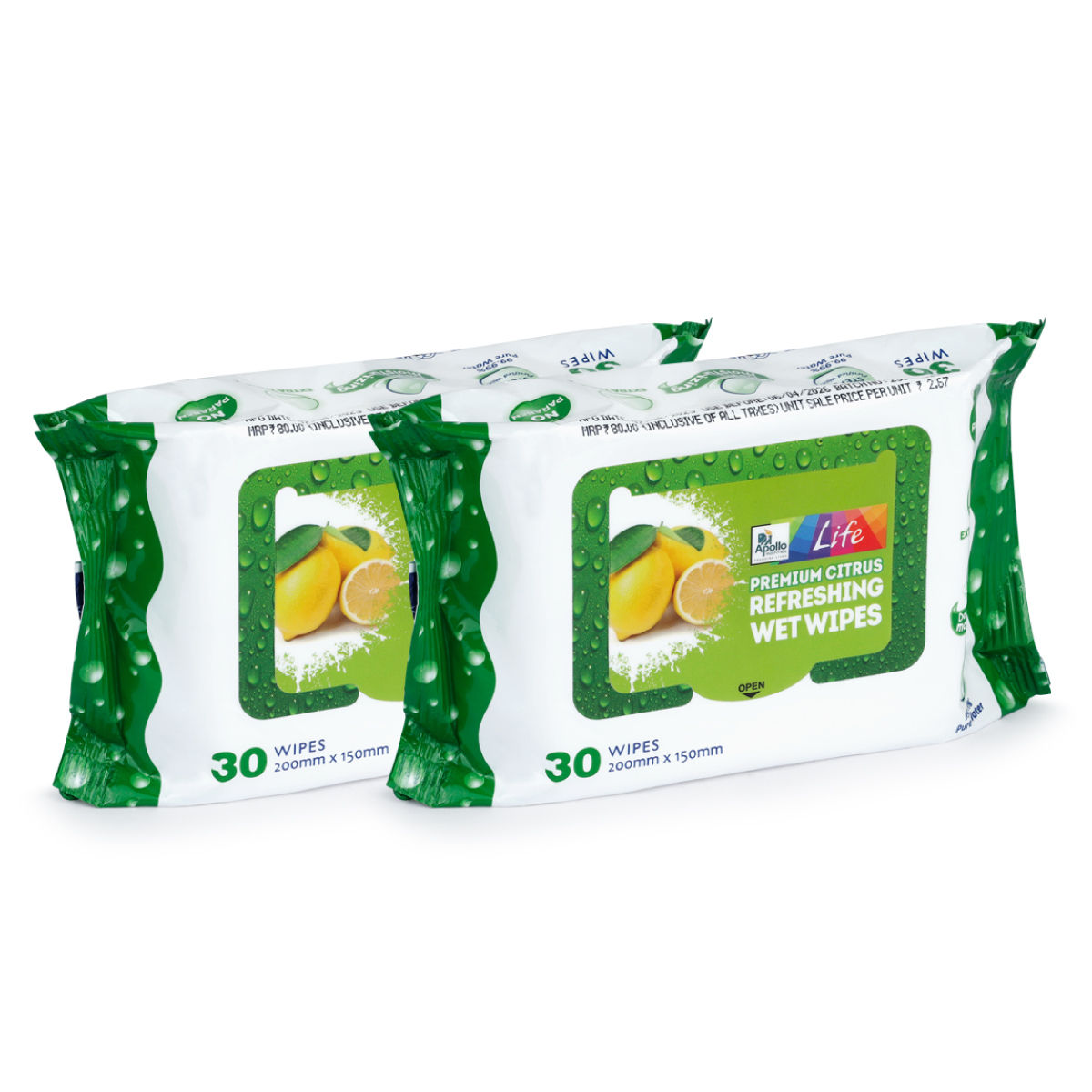Nizonide Oral Suspension 30 ml



₹37.35*
MRP ₹41.5
10% off
₹35.27*
MRP ₹41.5
15% CB
₹6.23 cashback(15%)
Free Delivery
With Circle membership
(Inclusive of all Taxes)
This offer price is valid on orders above ₹800. Apply coupon PHARMA10/PHARMA18 (excluding restricted items)
Nizonide Oral Suspension is an antiprotozoal medicine used to treat diarrhoea in children. It contains Nitazoxanide, which belongs to the class of drugs known as thiazolides. Nitazoxanide is a broad-spectrum anti-parasitic medication. This medicine works by inhibiting the chemical substances required for energy metabolism and the growth of protozoa, helminths (worm-like parasites), anaerobic (microbes that survive without oxygen), and microaerophilic (requiring little oxygen to survive) viruses.
Know Your Delivery Time
Provide Delivery Location
 Prescription drug
Prescription drugWhats That

Secure Payment

India's Most Trusted Pharmacy

Genuine Products
Composition :
Manufacturer/Marketer :
Consume Type :
Return Policy :
Expires on or after :
About Nizonide Oral Suspension
Nizonide Oral Suspension is an antiprotozoal medicine used to treat diarrhoea in children. Loose, watery stools that happen more frequently than usual are called diarrhoea. A virus typically causes diarrhoea, though tainted food can also be the culprit. Less often, it may indicate the presence of another illness, like irritable bowel syndrome or inflammatory bowel disease.
Nizonide Oral Suspension contains Nitazoxanide, which belongs to the class of drugs known as thiazolides. Nitazoxanide is a broad-spectrum anti-parasitic medication. This medicine works by inhibiting the chemical substances required for energy metabolism and the growth of protozoa, helminths (worm-like parasites), anaerobic (microbes that survive without oxygen), and microaerophilic (requiring little oxygen to survive) viruses.
Nizonide Oral Suspension should be given to your child as advised by your paediatrician. Do not give more than the prescribed dose of Nizonide Oral Suspension to the child. Nizonide Oral Suspension should be given with food to your child. Your paediatrician will decide the dose of the medicine depending on the type and severity of the infection. Nizonide Oral Suspension may cause certain side effects in your child, such as nausea, vomiting, stomach pain, and fever. These side effects typically do not require medical attention and usually resolve gradually over time. However, if the side effects persist or worsen in your child, please consult your paediatrician.
The presence of other medical conditions or the use of other medications may interact with the use of Nizonide Oral Suspension. Nizonide Oral Suspension is not recommended for those who are hypersensitive to any substance in Nizonide Oral Suspension. So, before using Nizonide Oral Suspension, let your doctor know about all your children's medical conditions, sensitivities, and all medications used.
Uses of Nizonide Oral Suspension
• Treats diarrhoea: Nizonide Oral Suspension is effective in managing diarrhoea caused by protozoal infections.
• Provides a broad-spectrum antiparasitic effect: Nizonide Oral Suspension targets intestinal parasites and is useful in treating gastrointestinal infections linked to contaminated food or water.
Directions for Use
- Nizonide Oral Suspension can be given to your child with food, or as advised by your doctor.
- Follow your doctor's instructions on the dosage and timing of this medication to ensure safety.
- Gently tap the bottle to loosen the powder. Add approximately half of the required water, shake vigorously to suspend the powder, then add the remaining water up to the mark and shake again. Use freshly boiled and cooled water for reconstitution. Administer the prepared suspension orally to your child.
- Use the reconstituted solution or oral suspension within the specified period on the label.
Medicinal Benefits
Nizonide Oral Suspension contains Nitazoxanide, an antiprotozoal drug. Nizonide Oral Suspension works by inhibiting chemical substances required for the energy metabolism and growth of protozoa, helminths (worm-like parasites), anaerobic microbes (those that survive without oxygen), microaerophilic microbes (which require little oxygen to survive), and viruses.
How Nizonide Oral Suspension Works
Storage
- Drink water or other clear fluids.
- To prevent worsening of pain, limit intake of tea, coffee, or alcohol.
- Include bland foods like rice, toast, crackers, and rice in your diet.
- Avoid lying down immediately after eating as it may cause indigestion or heartburn.
- Avoid acidic and spicy food as it may cause indigestion.
- Hydrate your body: Drink enough water to prevent dehydration and headaches.
- Calm Your Mind: Deep breathing and meditation can help you relax and relieve stress.
- Rest and Recharge: Sleep for 7-8 hours to reduce headache triggers.
- Take rest: lie down in a quiet, dark environment.
- Cold or warm compresses can help reduce tension.
- Stay Upright: Maintain good posture to keep symptoms from getting worse.
- To treat headaches naturally, try acupuncture or massage therapy.
- Over-the-counter pain relievers include acetaminophen and ibuprofen.
- Prescription Assistance: Speak with your doctor about more substantial drug alternatives.
- Severe Headaches: Seek emergency medical assistance for sudden, severe headaches.
- Frequent Headaches: If you get reoccurring headaches, consult your doctor.
- Headaches with Symptoms: Seek medical attention if your headaches include fever, disorientation, or weakness.
- Inform your doctor about the nausea and discuss possible alternatives to the medication or adjustments to the dosage.
- Divide your daily food intake into smaller, more frequent meals to reduce nausea.
- Opt for bland, easily digestible foods like crackers, toast, plain rice, bananas, and applesauce.
- Avoid certain foods that can trigger nausea, such as fatty, greasy, spicy, and smelly foods.
- Drink plenty of fluids, such as water, clear broth, or electrolyte-rich beverages like coconut water or sports drinks.
- Use ginger (tea, ale, or candies) to help relieve nausea.
- Get adequate rest and also avoid strenuous activities that can worsen nausea.
- Talk to your doctor about taking anti-nausea medication if your nausea is severe.
- Record when your nausea occurs, what triggers it, and what provides relief to help you identify patterns and manage your symptoms more effectively.
- Preventing Vomiting (Before it Happens)
- Take medication exactly as prescribed by your doctor. This can help minimize side effects, including vomiting.
- Having a small meal before taking your medication can help reduce nausea and vomiting.
- Talk to your doctor about taking anti-nausea medication along with your prescribed medication.
- Managing Vomiting (If it Happens)
- Try taking ginger in the form of tea, ale, or candy to help alleviate nausea and vomiting.
- What to Do if Vomiting Persists
- Consult your doctor if vomiting continues or worsens, consult the doctor for guidance on adjusting your medication or additional treatment.
- Prepare for a restful night's sleep: Develop a calming pre-sleep routine, like reading or meditation, to help your body relax and prepare for sleep.
- Create a sleep-conducive Environment: Make bedroom a sleep haven by ensuring it is quiet, dark and calm.
- Follow a Sleep Schedule: Go to bed and get up at the same time every day to help regulate your body's internal clock and increase sleep quality.
- Try relaxing techniques like deep breathing, mindfulness meditation and any others.
- Limit stimulating activities before bedtime: Avoid stimulating activities before bedtime to improve sleep quality.
- Monitor Progress: Keep track of your sleep patterns to identify areas for improvement.
- Consult a doctor if needed: If these steps don't improve your sleep, consult a doctor for further guidance and therapy.
- Painful urination can be reduced by drinking lots of water.
- Don't hold urine, as it can worsen the pain during urination.
- Try taking probiotics and eating garlic, which can help reduce painful urination.
- Sleep well and give enough rest to your body.
- Take a balanced diet and avoid bladder-irritating foods.
- Quit smoking and intake of alcohol.
- Practice yoga and meditation to improve inner strength and stay healthy.
- Take medications with food (if recommended): It can help prevent stomach distress and indigestion.
- Eat smaller, more frequent meals: Divide daily food intake into smaller, more frequent meals to ease digestion.
- Avoid trigger foods: Identify and avoid foods that trigger indigestion, such as spicy, fatty, or acidic foods.
- Stay upright after eating: Sit or stand upright for at least 1-2 hours after eating to prevent stomach acid from flowing into the oesophagus.
- Avoid carbonated drinks: Avoid drinking carbonated beverages, such as soda or beer, which can worsen indigestion.
- Manage stress: To alleviate indigestion, engage in stress-reducing activities like deep breathing exercises or meditation.
- Consult a doctor if needed: If indigestion worsens or persists, consult a healthcare professional to adjust the medication regimen or explore alternative treatments.
What if I have taken an overdose of Nizonide Oral Suspension
Drug Warnings
The presence of other medical problems or the use of other medications may affect the use of this medicine. Nizonide Oral Suspension is not recommended for those who are hypersensitive to any substance in Nizonide Oral Suspension. So, before using Nizonide Oral Suspension, let your doctor know about all your children's medical conditions, sensitivities, and all medications used.
Drug-Drug Interactions
Drug-Drug Interactions
Login/Sign Up
Drug-Food Interactions
Drug-Food Interactions
Login/Sign Up
Diet & Lifestyle Advise
- Generally, antibiotics can alter the beneficial bacteria in the stomach. Therefore, it is advisable to give your child foods rich in probiotics, such as yoghurt, curd, buttermilk, and cheese.
- Avoid foods rich in calcium, as it might hinder antibiotic absorption in your child.
- If you have minor diarrhoea (less than four stools daily), drinking caffeine-free soft drinks, juices, or sports rehydration drinks can be sufficient.
- If your child's diarrhoea is more severe, please consult your paediatrician immediately.
- Ensure your child drinks sufficient amounts of fluids to prevent dehydration.
Habit Forming
Therapeutic Class
Alcohol
Not applicable
-
Pregnancy
Not applicable
-
Breast Feeding
Not applicable
-
Driving
Not applicable
-
Liver
Caution
Please consult your doctor if your child has a liver impairment or if you have any concerns regarding this.
Kidney
Caution
Please consult your doctor if your child has a kidney impairment or if you have any concerns regarding this.
Children
Safe if prescribed
Nizonide Oral Suspension is safe for use in children above one year of age if prescribed by a doctor. Your paediatrician will decide the dose of the medicine. Do not give your child more than the recommended dose.

Have a query?
FAQs
Nizonide Oral Suspension is used to treat diarrhoea by targeting and eliminating protozoal infections that cause intestinal disturbances. It is an effective antiprotozoal medicine commonly prescribed for children to relieve symptoms and restore digestive health.
Nizonide Oral Suspension contains Nitazoxanide, which belongs to the class of drugs known as thiazolides. It works by inhibiting the chemical substances required for energy metabolism and the growth of protozoa, helminths (worm-like parasites), anaerobic (microbes that survive without oxygen) and microaerophilic (requiring little oxygen to survive) viruses.
Please let your paediatrician know if your child has any history of allergic reactions to medicines, liver or kidney diseases, asthma, weakened immune system, and diabetes before starting Nizonide Oral Suspension.
The side effects of Nizonide Oral Suspension include nausea, vomiting, stomach pain, and fever. These side effects typically do not require medical attention and usually resolve gradually over time. However, if the side effects persist or worsen in your child, please consult your paediatrician.
Country of origin
Manufacturer/Marketer address
Customers Also Bought
Disclaimer
Author Details
We provide you with authentic, trustworthy and relevant information














